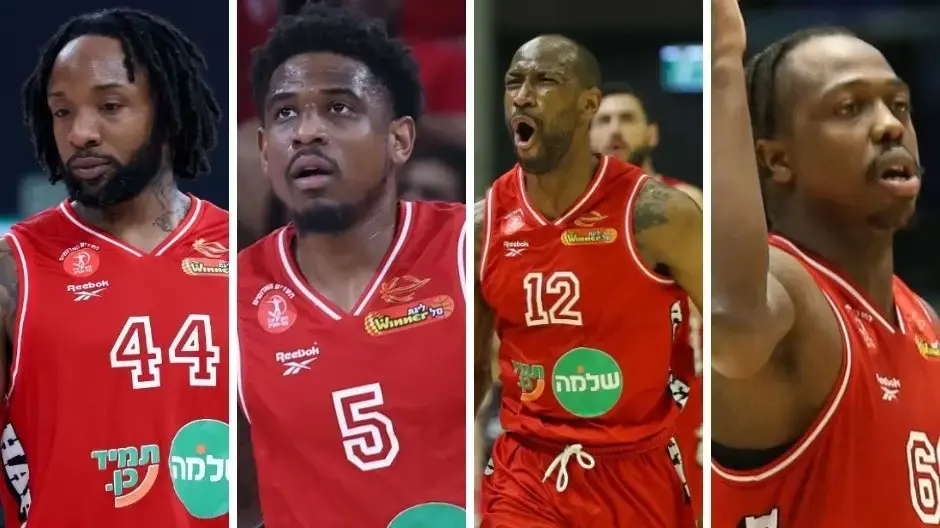The soldiers greetings of the Turkish national football team cause international excitement. However, these gestures are not new - saluting football professionals are no novelty in Turkey. What is new is that some players refuse to participate despite the enormous social pressure. Turkish goalkeeper Kaan Ayhan of Bundesliga club Fortuna Dusseldorf was on Monday evening to the objectors, including his teammate Duesseldorf Kenan Karaman.
This is remarkable, as the social pressure for the militarist and nationalist consensus in Turkey is particularly great in times of military offensives. The exceptions show how powerful the rule is.
Time and again, players have resorted to the gesture in the past, for example to express their condolences to soldiers or security forces killed in military operations or attacks. The Turkish national players saluted in the European Championship qualifier against Moldova in 2007 during the national anthem. Semih Sentürk, striker at Erdogan club Basaksehir at that time, saluted provocatively in the 2017 cup game against the Kurdish team Amedspor.
The German national player Lukas Podolski once knew that you can score points with nationalist embassies. In September 2015, as a player from Galatasaray Istanbul, he posted a picture of himself in front of a Turkish flag on Twitter - also saluting. The written message: "I am with you, soldiers who fell for the flag, my condolences to the Turkish people." Hashtags: Nation, People, Turkey.
Hayatını kaybeden tüm askerler, yüreğim sizlerle! Türkıye'nın başı sağolsun ... # türkiye pic.twitter.com/TLzkGTtIvK
- Lukas-Podolski.com (@ Podolski10) September 11, 2015Why the two Dusseldorf Bundesliga have now renounced the soldier salute is not known. After the meeting against Albania, in which both have still mitsalutiert, their club Fortuna Dusseldorf had published a statement. The sports director Lutz Pfannenstiel had immediately sought the conversation with the two players, it says. And: "Fortuna Dusseldorf distanced itself in all clearness from any supposedly politically motivated action that violates the values of the association." This warning and concern about the employment relationship may have kept Kaan and Karaman from saluting again.
While Turkish media refer to critical reactions from abroad and possible punishments by the Uefa as a "scandal", criticize Turkish football fans in the social media, the behavior of the objectors. The reactions to Kaan's Instagram account differ in tone, but share the fundamental criticism: "A great goal, but it would have been nice if you had the soldiers salute," it says. Or: "How can it be that you do not salute". Other comments have a more aggressive tone: "Who or what are you afraid of?" or "You will still learn the soldier greeting".
Just how compelling the nationalist consensus is, especially in times of military strife, is shown by examples from the entertainment industry. Last week, the pro-government newspaper Sabah criticized singer Tarkan and comedian Cem Yilmaz for not commenting on the military offensive. Tarkan tweeted a condolence statement for dead Turkish soldiers the day after the report. Comedian Cem Yilmaz announced on the same day that he would donate the proceeds of an appearance in late October to a foundation that supports veterans and relatives of dead soldiers.
So the question in Turkey is not who gets carried away by nationalist gestures, but who has the courage to avoid them.












